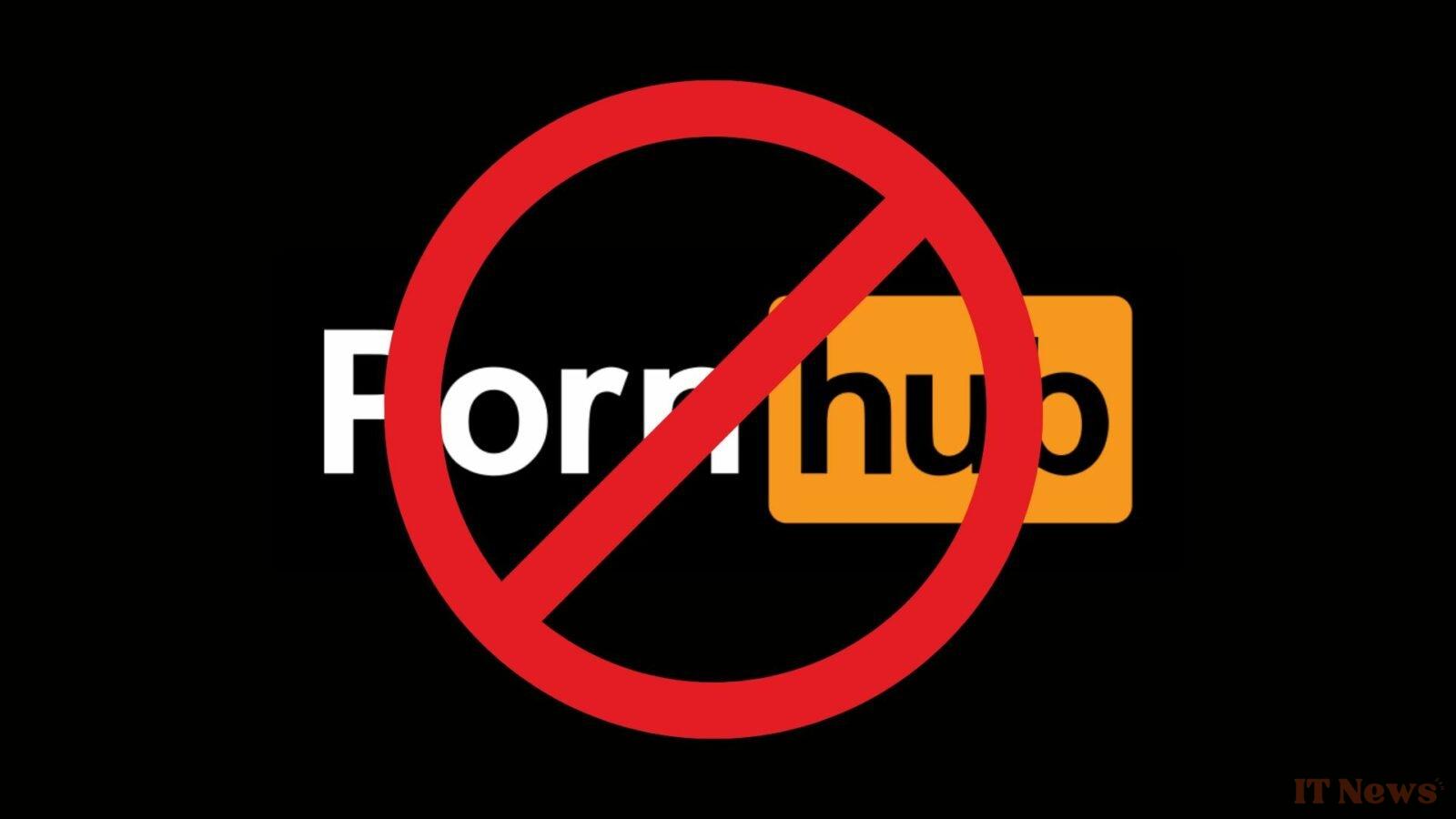The news has just broken. After years of legal wrangles, the pornography giant Aylo has announced the imminent blocking of its sites Pornhub, Youporn, and Redtube. The axe will fall tomorrow afternoon, but rumors have been circulating within the company for some time. The reason is the recent regulations that came into force, which require drastic verification of the majority of Internet users. Faced with a situation deemed insoluble, the company preferred to take the lead: "We refuse to compromise your privacy with measures that, paradoxically, fail to effectively protect minors."
These blockages, initiated by the Aylo group, follow years of standoffs between the French government and the giants of the pornography industry. Indeed, the SREN (Security and Regulation of the Digital Space) law of May 21, 2024, gives ARCOM the right to block pornographic sites that do not offer age verification methods robust enough to protect Internet users.
Until April 11, tolerance was granted to platforms that simply required identification using a bank card. But the rule was clear: this solution was temporary, pending the deployment of robust age verification, based on double anonymity. Having been very little implemented until now, the situation has just degenerated. While platforms operating in France should theoretically require the sending of a photo or an identity document to prove the user's majority, Aylo prefers to lay down its arms (temporarily) rather than give in.
What is double anonymity?
After having put forward the idea of verification by selfie, identity card, or AgeVerif certificate, the project to block pornographic sites for minors is stalling. While the verification processes implemented until now have posed serious privacy and data protection issues, double anonymity, the only method approved so far by Arcom, will be based on a certificate of majority, which can be provided upon simple request by “a telecom operator, a digital identity provider, or any other organization capable of certifying a person’s majority.”
In concrete terms, the organization that provides the certificate of majority will not know the purpose for which it is required. For its part, the site on which the certificate is used will not have access to the person’s identity. Thanks to this method, the government hopes to successfully implement a reliable authentication method for adults, without compromising the right to privacy.
*** News in progress ***



0 Comments